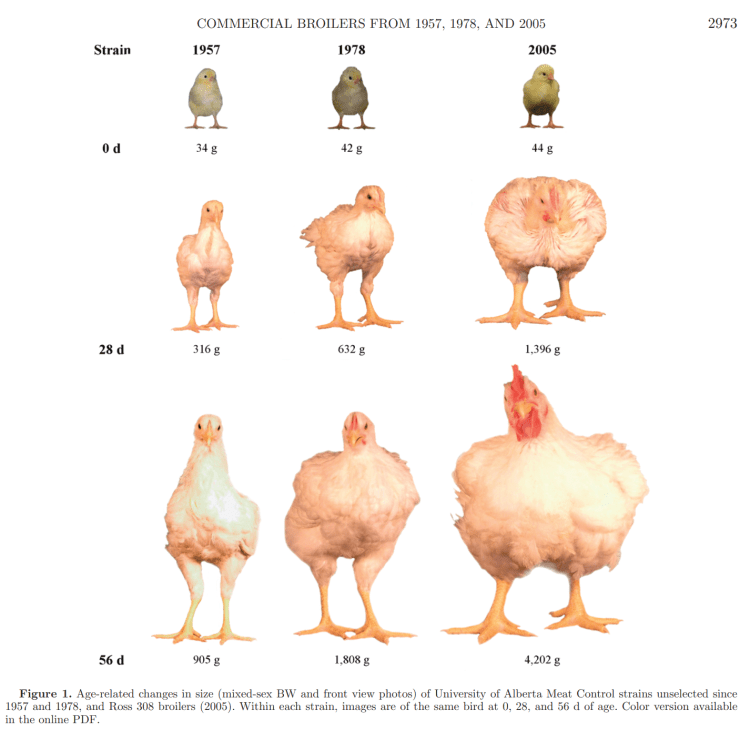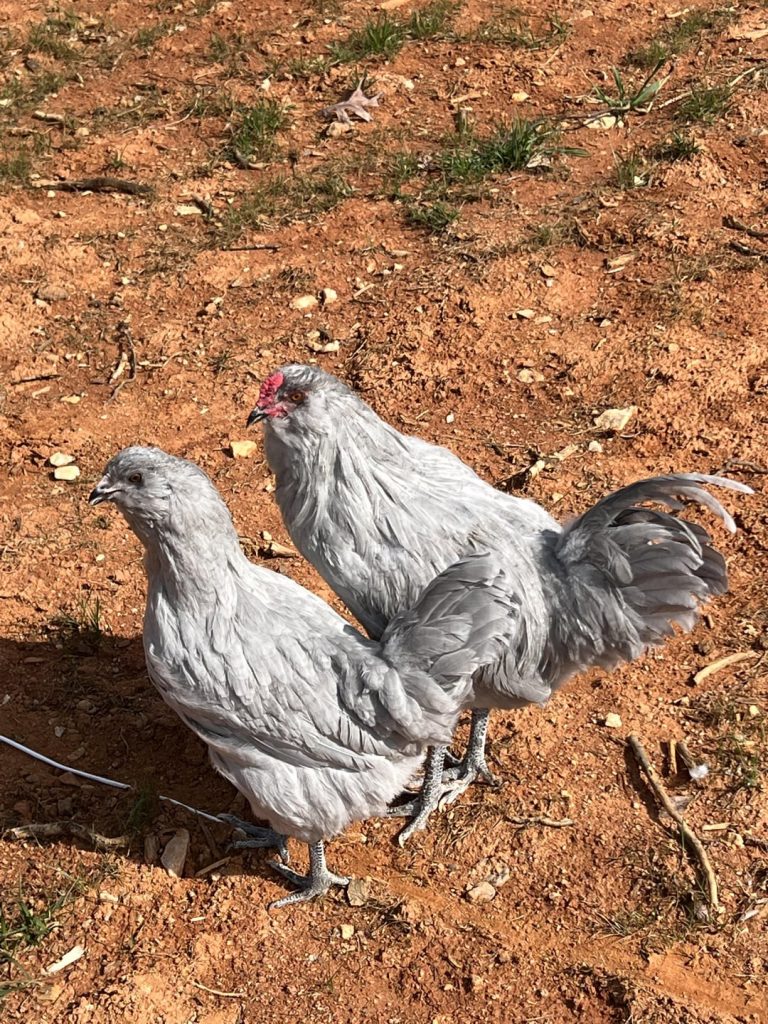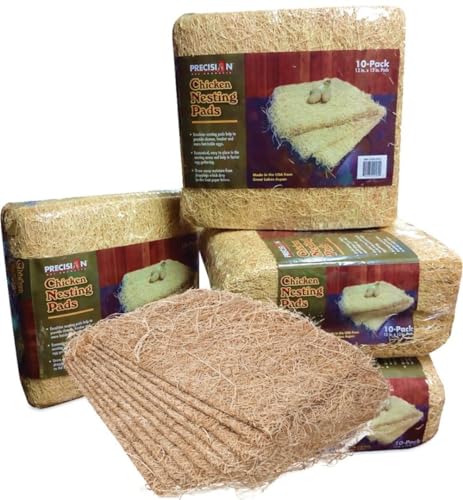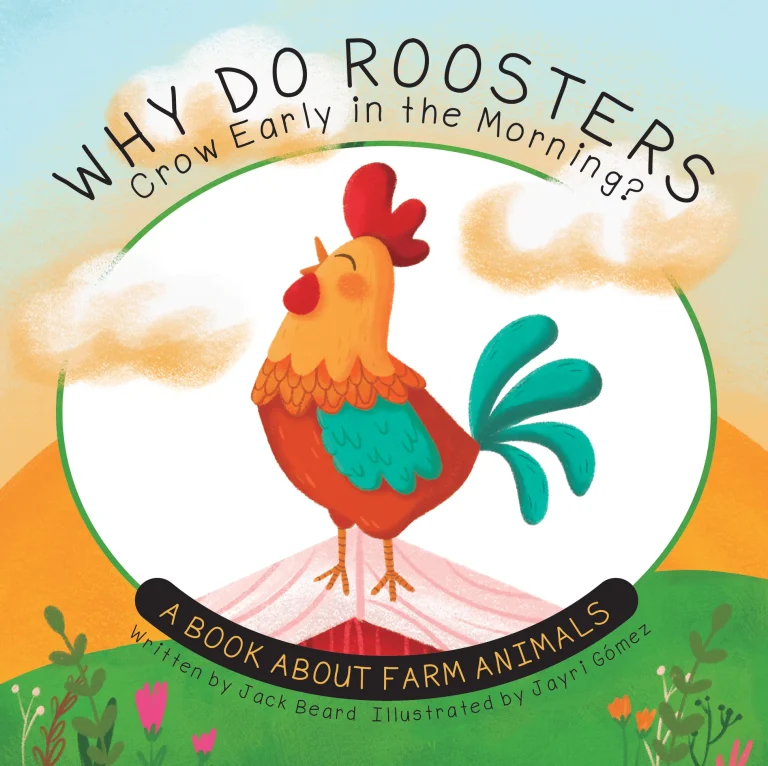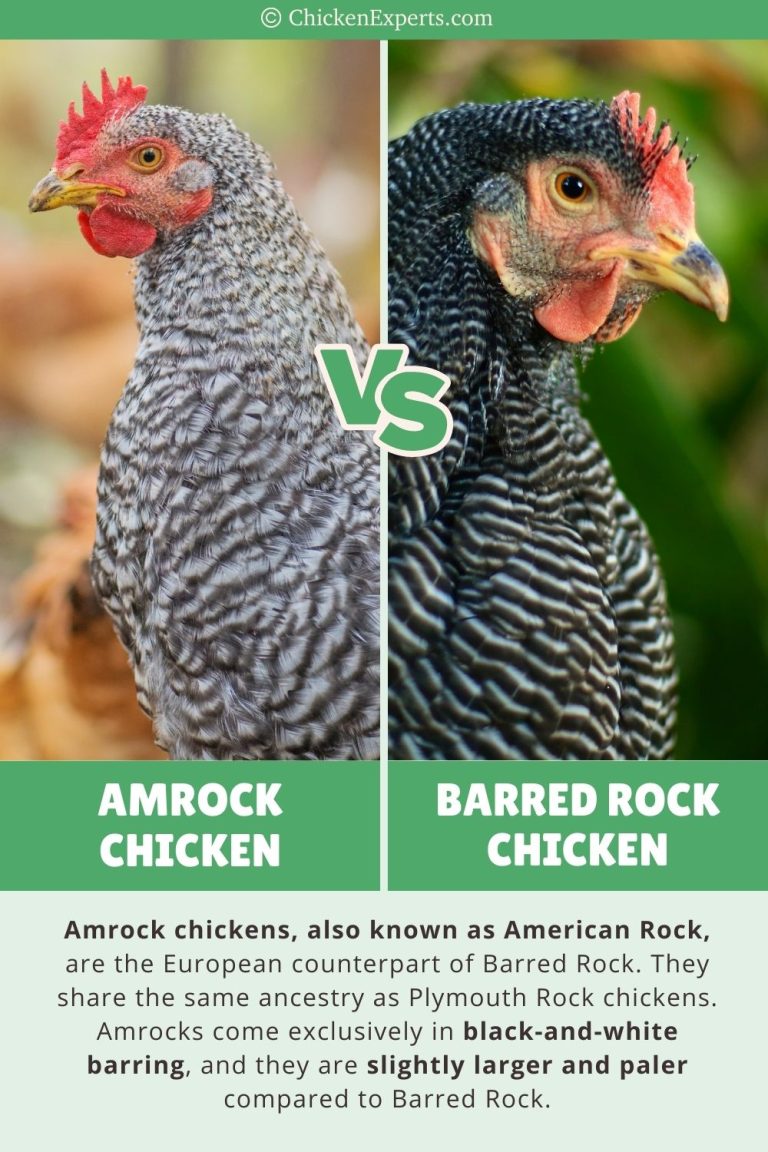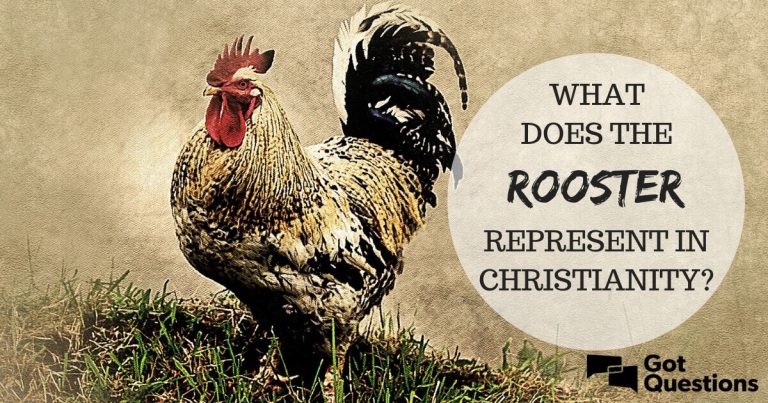How Long Can a Rooster Live? [Lifespan and Care Tips]
A rooster can live for about 5 to 10 years, depending on its breed and care. Some breeds may even live longer with optimal conditions.
Roosters are fascinating creatures that add charm and character to any farm or backyard. Their vibrant plumage and distinct crowing make them a favorite among poultry enthusiasts. Owners often wonder about their lifespan and how to ensure their health. Like any pet, the care roosters receive significantly impacts their longevity.
Breed, diet, living environment, and overall health are crucial in determining how long a rooster can thrive. Owners may ensure their feathery friends enjoy long, healthy lives by providing a caring atmosphere by being aware of these factors.
Let’s learn more of How Long Can a Rooster Live?
Rooster Lifespan
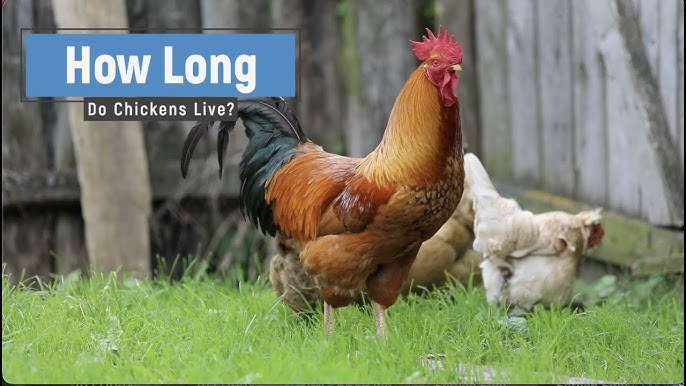
Credit: www.youtube.com
Roosters can live between 5 to 10 years on average. Several factors affect their lifespan.
Genetics plays a big role. Healthy breeds tend to live longer. Diet is also crucial. A balanced diet helps maintain health.
Living conditions significantly influence lifespan. Roosters in safe, clean environments thrive better. Predator threats can shorten their lives.
| Factor | Impact on Lifespan |
|---|---|
| Genetics | Healthy breeds live longer |
| Diet | Balanced diet promotes health |
| Living Conditions | Safe environments support longevity |
| Predators | Threats can reduce lifespan |
Genetics And Rooster Longevity
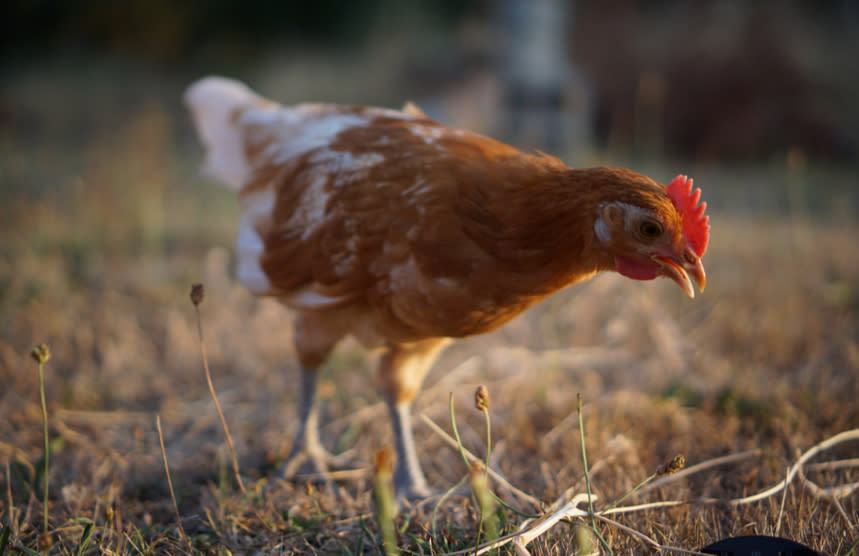
Credit: thehumaneleague.org
The lifespan of a rooster largely depends on its breed. Some breeds live longer than others. For example, heritage breeds often have better longevity. They are raised for natural traits and health. In contrast, commercial breeds may have shorter lives due to selective breeding. This focus is on production rather than health.
Genetics plays a key role in rooster longevity. Stronger genetics can lead to better health. Roosters with good genetic backgrounds often live longer and are more resistant to diseases. Selecting the right breed is essential for those seeking long-lived roosters.
Dietary Impacts On Rooster Health
Roosters need essential nutrients for good health and long lives. Key nutrients include proteins, vitamins, and minerals. A balanced diet helps them grow strong and stay active.
Common dietary mistakes can harm roosters. Giving too many grains can cause obesity. A lack of fresh greens can lead to nutrient deficiencies. Skipping clean water can result in dehydration. Always ensure a varied diet for the best health.
Environmental Considerations
Housing and space are very important for a rooster’s health. A good coop protects from predators. It also keeps roosters safe from bad weather. Roosters need enough room to move around freely.
Overcrowding can cause stress and fighting. A space of at least 10 square feet per rooster is ideal. Proper ventilation in the coop helps maintain good air quality.
The climate affects a rooster’s lifespan. Hot weather can lead to heat stress, and cold weather may cause frostbite without proper shelter. Therefore, it is recommended that the coop’s temperature be checked regularly for comfort.
Healthcare And Disease Prevention

Roosters can face several common ailments. These include respiratory issues, mites, and coccidiosis. Proper care helps keep them healthy and active.
Vaccination is vital for preventing diseases. Common vaccines protect against Newcastle disease and Marek’s disease. Regular check-ups with a vet ensure roosters stay in good health.
| Ailment | Symptoms | Treatment |
|---|---|---|
| Respiratory Issues | Coughing, sneezing, nasal discharge | Antibiotics, clean housing |
| Mites | Itching, feather loss | Pesticides, dust baths |
| Coccidiosis | Diarrhea, weight loss | Medications, improved hygiene |
Human Interaction And Care
Bonding with caretakers is essential for a rooster’s health. Positive human interaction helps build trust. Roosters that feel safe are happier and healthier. They thrive in a loving environment.
Stress can greatly affect a rooster’s life. Common stressors include loud noises and sudden movements. A calm space promotes well-being. Keeping other animals away also reduces stress. Happy roosters can live longer and healthier lives.
Record Holders And Exceptional Cases
Some roosters can live for over 10 years. The oldest recorded rooster lived to be 16 years old. This rooster, named Matilda, amazed many with its age.
Several factors help roosters live longer. A healthy diet is crucial. Fresh food and clean water are essential for their well-being. Proper housing also plays a role. A safe and clean environment protects them from diseases.
Good genetics can contribute to longevity. Some breeds are naturally hardier than others. Regular vet check-ups can catch problems early. Caring owners often notice health issues sooner.
| Rooster Name | Age | Breed |
|---|---|---|
| Matilda | 16 years | Red Pyle |
| Old Billy | 14 years | Rhode Island Red |
| Lucky | 12 years | Leghorn |
Credit: www.youtube.com
Conclusion: How long does a Rooster live?
The average life-span for a rooster being a domesticated bird ranges between 5-8 years, but some do live to 10 or even 15 years with superb care. Their life determines the genetic makeup, feeding, living conditions, and predator protection. Heritage breeds tend to live longer than their commercial cousins. Wild-living roosters can have much shorter lives owing to predators and harsh climates.
FAQs
How long do chickens live?
Chickens will generally live between 5-10 years in backyard or pet settings, although some could live to 15 years with great care. Broiler chickens, which are raised commercially for meat production, are typically processed at 6-8 weeks of age, while commercial laying hens are culled after 1-2 years when egg production drops off. The breed, living conditions, and purpose of a chicken are all factors in how long it lives.
What is the lifespan of a rooster?
The average rooster might live up to 5-8 years as a domesticated bird, with a few living into the age bracket of 10-15 years with superb care. Roosters can hardly live longer in nature mainly because of numerous predators and bad conditions of life. Birds’ longevity includes, among others, genetics, diet, conditions of living, and the ability to access veterinary assistance. Most modern hybrid breeds are less long-lived compared to heritage breeds.
How long do chickens live as pets?
The life of pet chickens ranges from 8-10 years, although some can be as long as 15 years if well looked after. In general, most of the factors that may determine the chicken’s age include breed, diet, conditions of their houses, and also veterinary care. Generally speaking, heritage breeds tend to outlive commercial breeds bred for eggs or meat. With routine health checks, protection against predators, and proper nutrition, your pet chicken has a fair chance of reaching its life expectancy.
Can two roosters live together?
Two roosters can live together in harmony, but their introduction and management must be carefully worked out. They need a lot of space, several feeding places, and enough hens to avoid competition. It is better to raise them together from a young age since adult roosters are very territorial. Some breeds are more docile by nature and better suited for living together. However, success isn’t guaranteed, as roosters have strong instincts to establish dominance.
How many roosters can live together?
Adult roosters are usually territorial and aggressive with each other, making it difficult to keep more than one male together. Although several young roosters can be raised together, they typically fight for dominance when reaching maturity around 4-6 months of age. A few farmers have reported keeping 2-3 roosters with a large flock of hens if there are space and visual barriers, but this requires very careful management and monitoring.
Can multiple roosters live together?
Several roosters may be kept together, but it requires careful management. The secret lies in providing enough space, several feeding sites, and adequate hens for each rooster to prevent aggressive competition. It is advisable to introduce the roosters when they are young and raise them together. Some breeds are naturally more docile and better suited to cohabitation. However, fighting may still occur during the breeding season when hormones are high.
Can roosters live alone?
While they can survive alone, roosters are social birds and do much better with their mates. A lonely rooster may stress, get bored, or develop behavioral vices like excessive crowing or aggression. If you keep only one rooster, there needs to be plenty of enrichment activities and human interaction, but the ideal setting would be housing them with hens or other compatible poultry in a properly managed flock.
Do roosters live longer than hens?
Generally, hens outlive roosters. While they normally live about 5-10 years, the lives of roosters are mostly shorter because of the strong territorial instinct that can cause them to fight with each other. They are also easier to be preyed on by predators because of their bright plumage and protective nature. However, they would live almost the same life span in a more protected place, such as a farm.
How long do guinea hens live?
With proper care, guinea fowl will live about 10 to 15 years in captivity, though there are those that have lived into their 20s. In the wild, predators and environmental challenges curtail their lifespan to about 5-7 years. Proper nutrition, shelter, and veterinary care make them live longer in domestic settings. These birds are really tough and hardy; that is the reason they survive for a long time and can become backyard poultry.
How long do layer chickens live?
Layer chickens, being raised mostly for egg production, will generally live 5-10 years, though the most productive time of their laying period is usually in the first 2-3 years. Commercially, they are usually replaced after 2 years when their egg production diminishes. But on a backyard flock raised as a pet, layer chickens do have been known to live 8-10 years with good care, and sometimes to 15 years.
How long do chickens live before slaughter?
Chickens raised for meat usually live for 6 to 8 weeks before slaughter. Farmers breed them to grow fast, thus shortening their lives. This period applies to broiler chickens that are kept on factory farms. Free-range or organic farms may allow a little longer, but it rarely exceeds a few months. In contrast, chickens raised for eggs can live several years if not used for meat.

